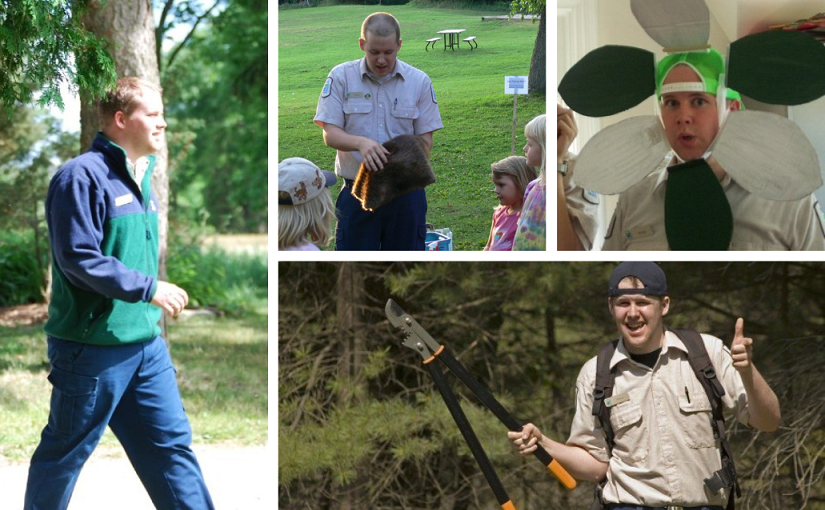Today’s blog was written by Adrian Petry, Public Historian and Visitor Services Coordinator for St. Catharines Museum & Welland Canals Centre. Adrian can occasionally be found volunteering at historical events at Bronte Creek Provincial Park, where he was a former senior Discovery staff member.
When I think back to my younger entering-the-workforce self, I recognize skills and abilities that would eventually get me to working in public history and interpretation in a traditional museum setting.
But how we got from 18-year-old Adrian to *clears throat* today’s Adrian is thanks in part to the careful polishing of those skills and abilities through seven seasons with Ontario Parks.
If you’re reading this and considering a summer (or seven summers) in our wonderful parks system, don’t just think to the next few months.
Think about where you’ll be in the next *clears throat again* years.
Problem solving, resiliency, and hope
The interpreters I worked with during my time with Ontario Parks taught me that it’s not uncommon to face hurdles while building creative products for your audience.
Facing and conquering many different types of hurdles like budget and weather established a sense of “make it work” in me.
I remember needing a giant dragonfly and on the budget of a pool noodle, I made one (yes, out of a pool noodle).
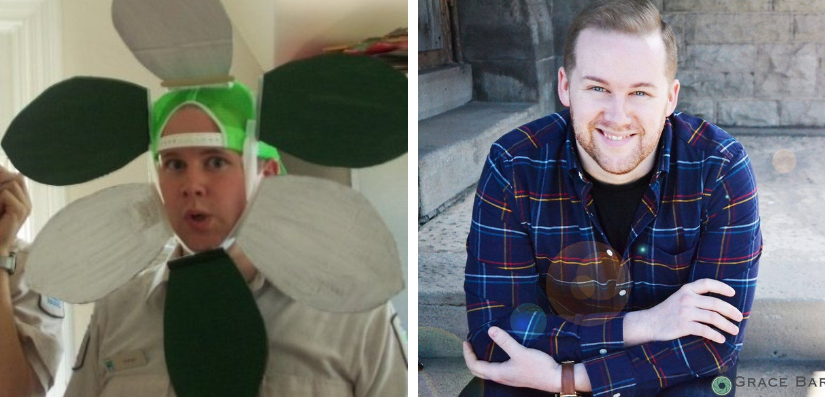
That experience taught me that anything is possible with creative problem solving.
In my job today, which includes construction work for exhibits, I’m thankful for the problem-solving skills and the “make-it-work” perspective I learned in my Discovery days.
It’s that attitude that’s helped me over those hurdles time and time again, and let me achieve so many goals.
Having immediate feedback from your audience helps too.
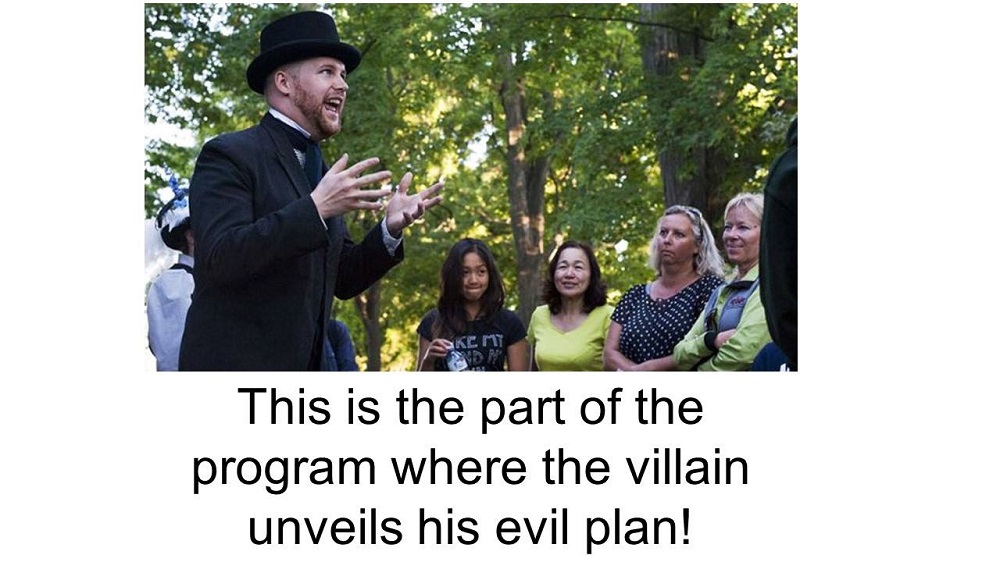
If they aren’t fans of your work, you must figure out a way to readjust. Nothing is sacred, especially when a 5-year-old yawns through your frog program. Yikes!
Polishing the can-do attitude with the real life skills development practiced at parks really takes you wherever you want to go.
Communication
Nothing makes you a better communicator than having to answer animal reproductive questions from children in front of their parents.
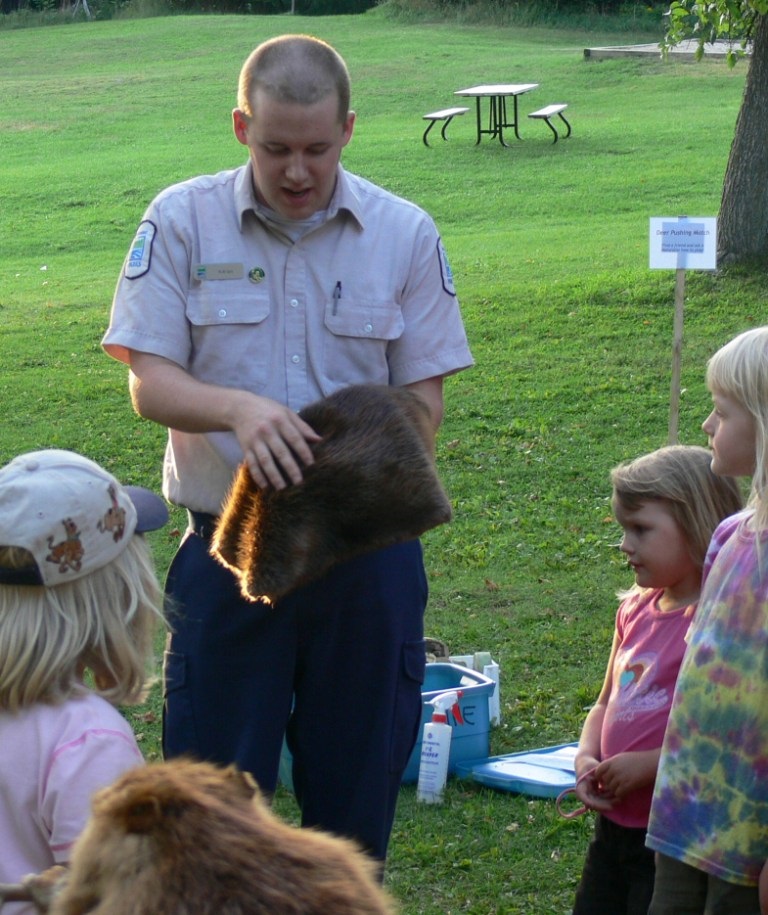
If you can figure out how to appropriately describe mating habits of dragonflies to young audiences, you can honestly communicate anything to anyone effectively, humorously, enjoyably, and memorably.
Looking back at those days, I can identify in myself an okay storyteller and a good presenter, but found communication is about listening as much as it is about the noise-making part.
Parks taught me to listen and observe my audience to accommodate them and their needs above my own. Discovery taught me it’s about the visitor’s experience first. If their needs aren’t seen to, they’ll never join you on your interpretive path.
Pulling back and identifying the needs of an audience (or even team members) is a skill that takes practice, but I learned how to do it from Discovery.
Time Energy management
I’m quite the strict timekeeper (and self-proclaimed king of project management here at the museum); time management has never been my skill gap.
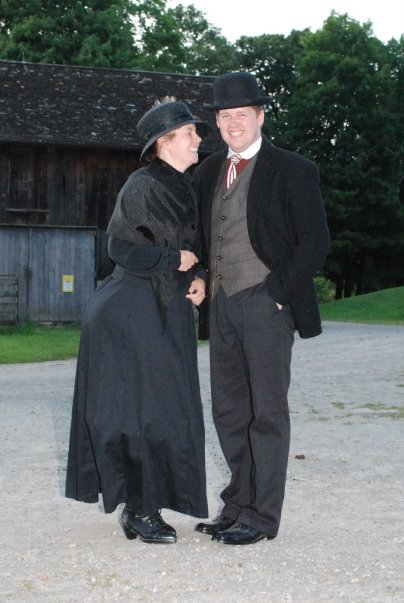
On the flip side, I often worry about burn-out and energy management.
It takes a ton of creative, mental, and physical energy to plan, research, write, prepare, and deliver a program.
Hours and hours could be devoted to a one hour program (and these days, months, and months are devoted to an exhibition).
In that one hour, with your mind and heart racing (it’s only natural), you tell stories, accommodate your audience, make sure you hit your interpretive goals all while ensuring everyone has a good time.
By the end of it all you just want to collapse!
Learning how to manage the highs and lows of program delivery, learning that rest and recovery is just as important as delivery, and growing a new level of patience and understanding for myself has kept me going — and aware of burn-out — these *clears throat yet again* years later.
Thanks Ontario Parks!
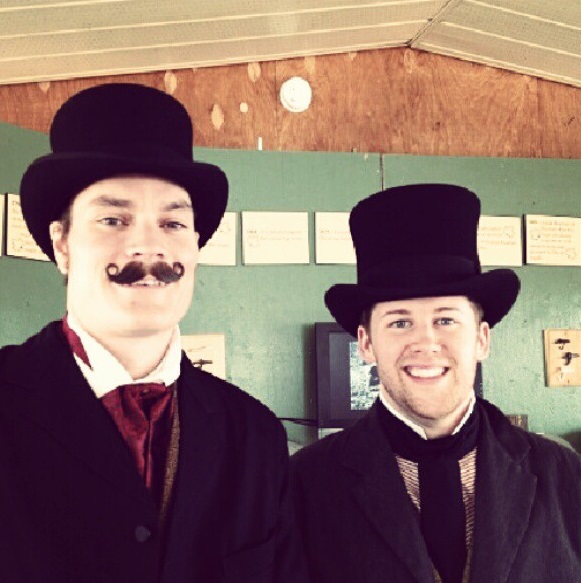
It’s always hard to think about the past through a “what-if” lens.
But I’m quite confident that my skills and abilities would not be what they are today without my time working in Discovery, so I’m comfortable awarding credit to Ontario Parks for making me (or at least making a part of me) who I am today.
Applications for the 2024 season are open!
Learn more about jobs with Ontario Parks and how to apply on our careers page.
